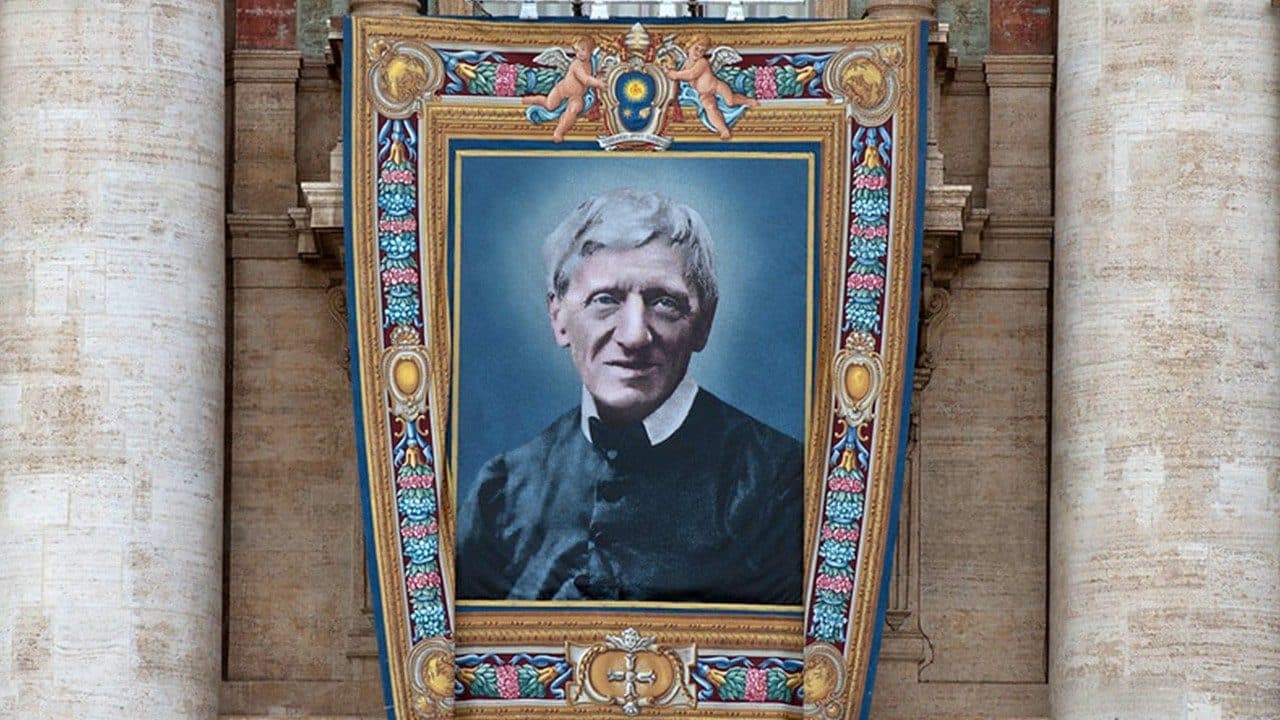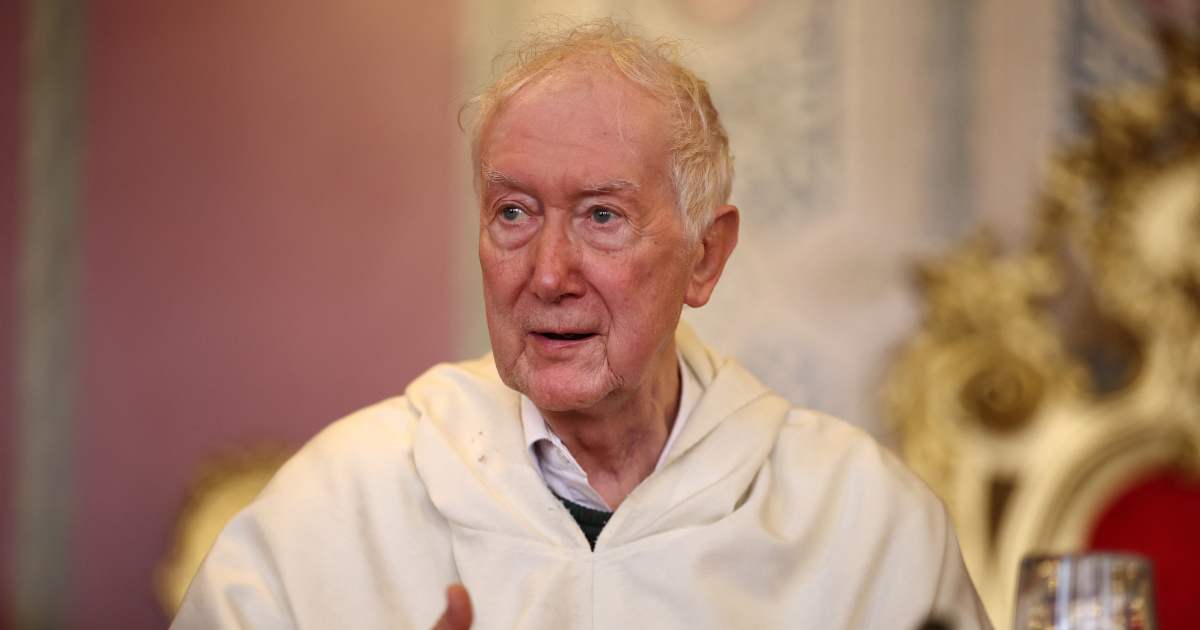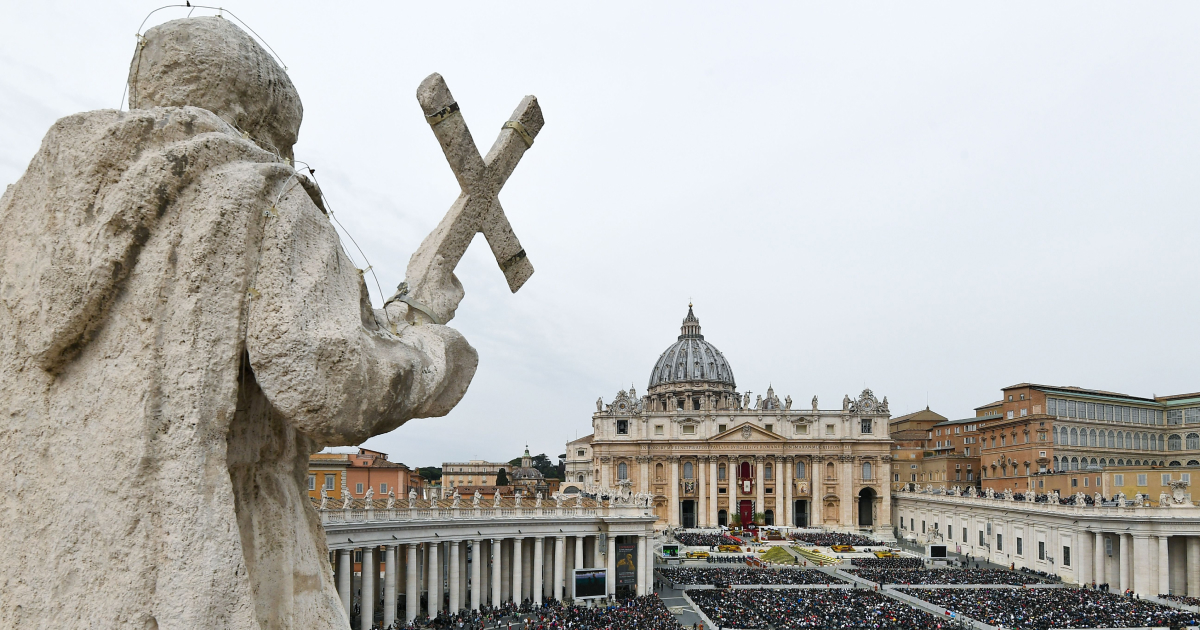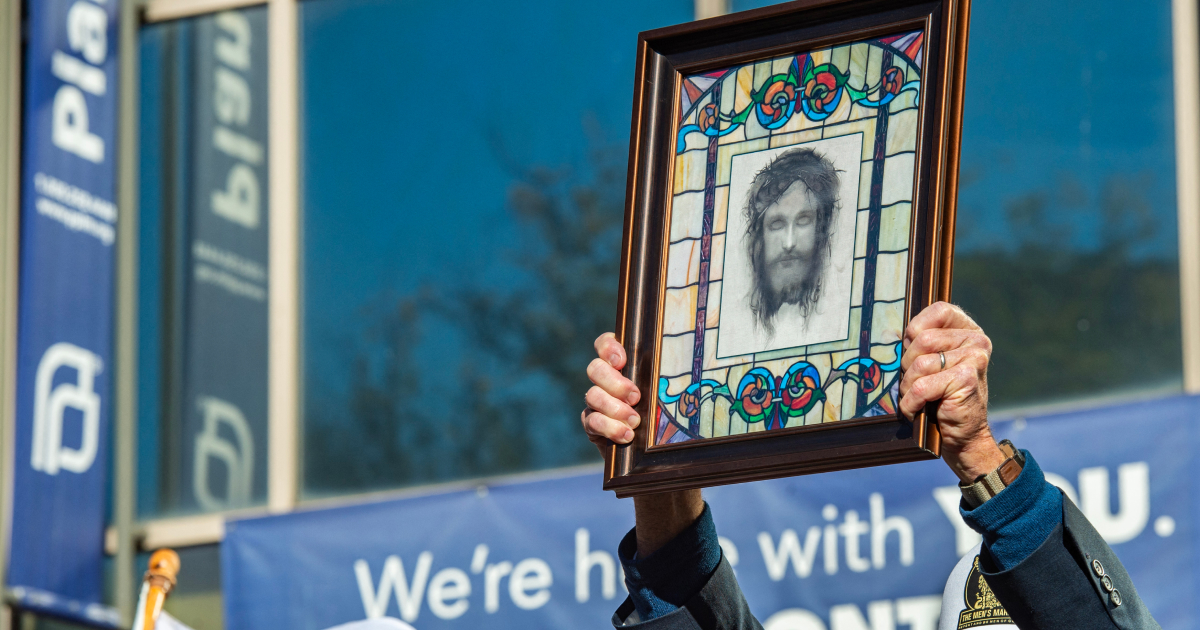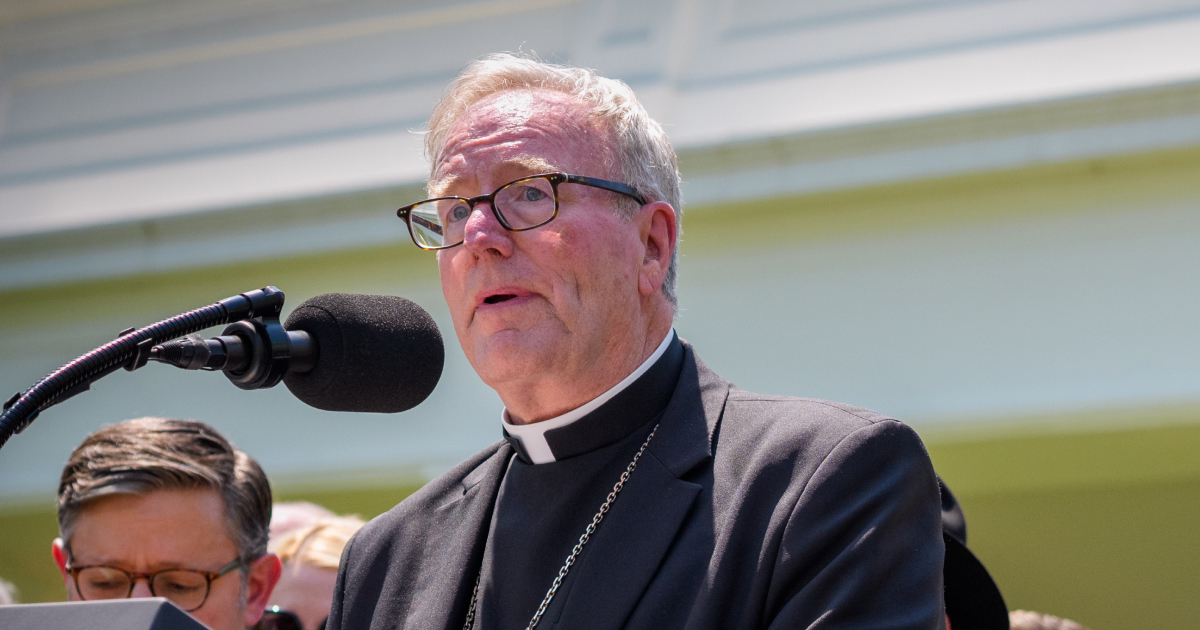The Catholic Church in England and Wales has reacted with hope and joyful hearts to the news that Saint John Henry Newman will soon be declared a Doctor of the Universal Church.
It follows the annoucement today by the Vatican that Pope Leo XIV had “confirmed the positive opinion” of the declaration during an audience with Cardinal Marcello Semeraro, the prefect of the Dicastery for the Causes of Saints.
A Doctor of the Church is a title given by a pope to a saint recognised as having made a significant contribution to theology or doctrine. Newman was noted for his teachings on conscience and doctrinal development.
“The announcement that Saint John Henry Newman will become a Doctor of the Catholic Church will fill the hearts of English Catholics with so much joy,” said Archbishop John Wilson of Southwark.
"It will also be welcomed by Catholics around the world for whom St John Henry is an inspiring theologian and apologist for the Catholic Faith.
“For all his enormous intellect and learning, Saint John Henry above all lived the humility of a disciple, with a passion for truth. His life shines as an example of what it means to be a true follower of Christ.
“If we want to grow in holiness, if we are passionate to find the truth and walk in His ways, we first need to humble ourselves before the Lord Jesus, just as Saint John Henry did. His towering intellect brought him to seek Christ ‘heart to heart'. May this soon to be new Doctor of the Church teach us to do the same.”
After Newman's canonisation in 2019 by Pope Francis, the Catholic Bishops’ Conference of England and Wales formally petitioned the Pope to name Cardinal Newman a Doctor of the Church, a move supported by the bishops’ conferences of the United States, Ireland and Scotland.
Newman was born in 1801, and was originally a member of the Anglican Church, becoming a priest in 1825. He was a leader of the Oxford Movement, which sought to align the Church of England with its Catholic roots, and led to the formation of the so-called Anglo-Catholic wing of the Anglican Communion.
He then became a member of the Catholic Church in 1845, and was later ordained a Catholic priest.
Newman’s conversation to Catholicism was controversial in the largely Protestant Britain, where the laws against the Catholic Church were only lifted in the Catholic Relief Act of 1829.
The priest published his Apologia Pro Vita Sua – "A defence of one’s own life’ – in 1864, with it becoming a classic work in apologetics; Newman's phrase of “poisoning the well” became an accepted means for expressing a type of fallacy when making arguments.
In 1879, Pope Leo XIII made Newman a cardinal – though Newman requested that he not be made a bishop, so that he could remain as a priest in Birmingham. Both requests were granted. Cardinal Newman died in Birmingham in 1890.
Photo: Tapestry of St. John Henry Newman in St. Peter’s Basilica for his canonisation in 2019. (Credit: Vatican Media.)





